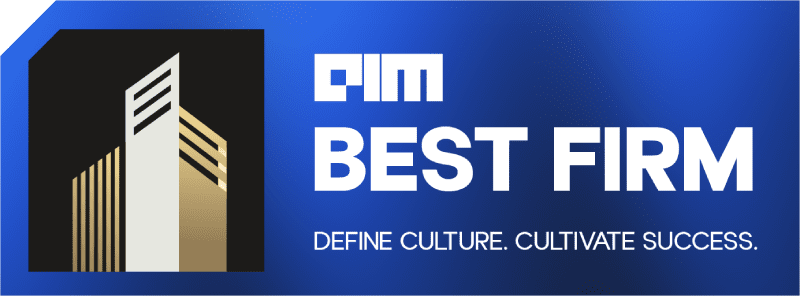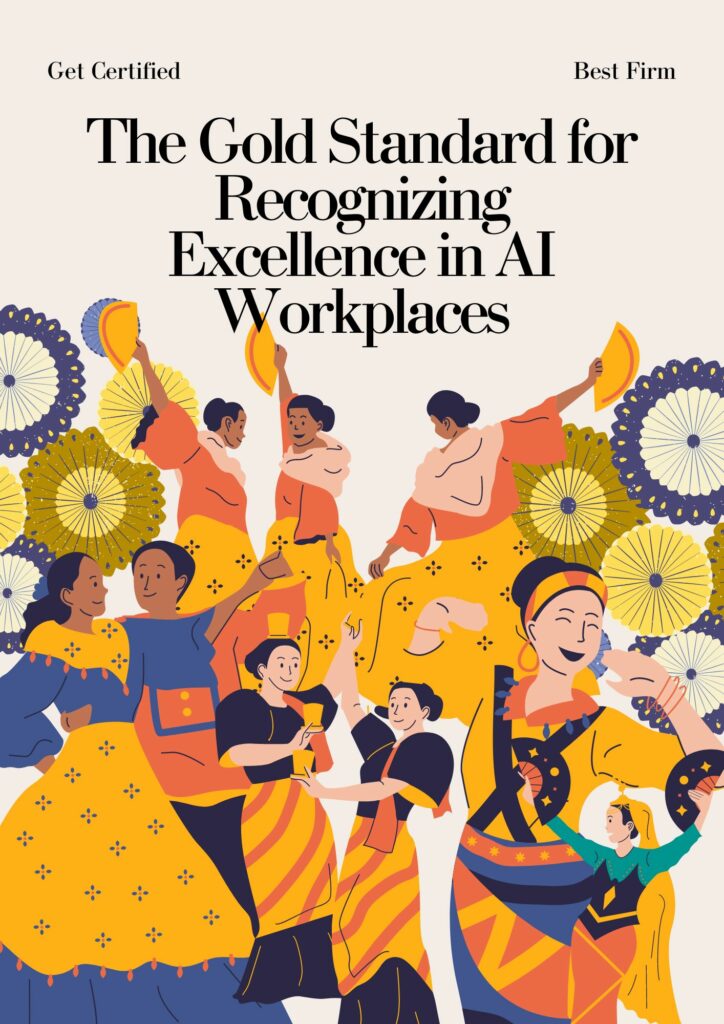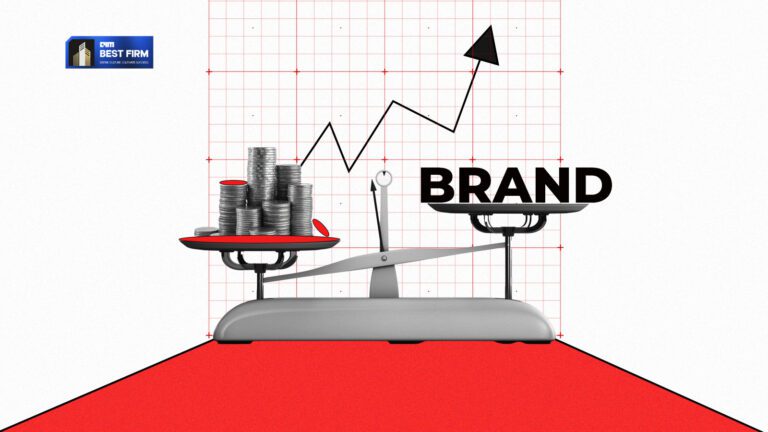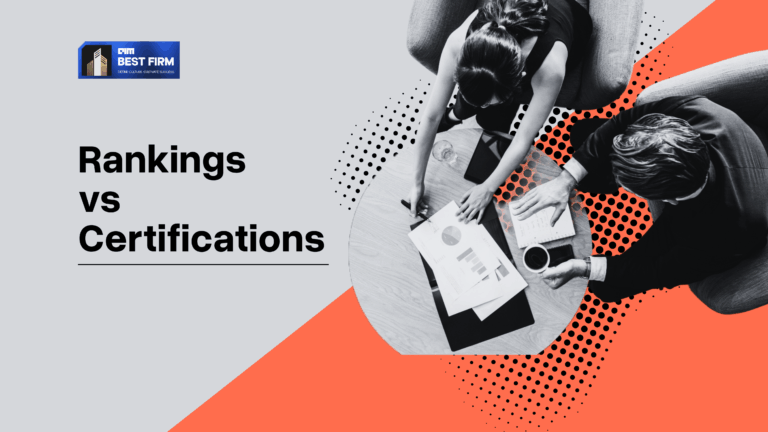Every wave of technology creates a bottleneck. In the Industrial Revolution, it was machines advancing faster than workers. In the Internet boom, it was servers advancing faster than networks. In the age of AI the bottleneck is people. The shortage of talent has become the deciding factor in whether companies succeed or stall.
The scale of the challenge is large. Bain & Company estimates demand for AI professionals could exceed 1.3 million roles by 2027, while the available pool may stay below 645,000. That leaves a gap of more than 700,000 jobs. LinkedIn data shows that job postings for AI and machine learning roles grew by nearly 21 percent annually over the past four years, while the supply of qualified candidates has grown much slower. Between January and July 2024, U.S. employers posted nearly 500,000 AI-related openings while only about 193,000 professionals were available with the right skills.
Every sector is competing for the same pool. Healthcare, finance, retail, manufacturing, and technology companies recruit from a shrinking set of engineers, scientists, and analysts. Universities cannot graduate students fast enough. Internal training programs are uneven. Startups and Fortune 500 firms chase the same résumés.
So the question is clear. What makes some companies stand out?
Pay Reaches Its Limits
The first instinct is higher pay. Compensation for AI professionals in the U.S. has risen quickly. Six-figure base salaries with signing bonuses are common. Packages for senior engineers or applied scientists can cross the $300,000 mark in leading markets like San Francisco and New York.
Yet higher pay does not solve the shortage. Professionals still move frequently. Retention tells the real story. Surveys of analytics and AI employees show attrition in the U.S. remains high, with average tenure often below two years. Many leave because they see limited long-term opportunity beyond the paycheck.
The firms that stand out offer more than money. They create visible pathways. A salary might open the door, but a structured career path keeps people inside.
Growth Anchors Talent
When professionals are asked what makes them stay, one factor dominates: growth. LinkedIn Learning reports that 86 percent of employees say learning opportunities determine whether they remain. This matters even more in AI, where skills shift quickly and yesterday’s expertise can fade within a year.
Many companies promise growth. Fewer delivery systems. A series of ad-hoc workshops is not enough. Professionals want structured programs, mentoring, and chances to work on projects that expand their skill sets.
Certification programs, such as Best Firms, measure whether companies provide this in practice. They assess training budgets, mentorship frameworks, and policy design. Most importantly, they validate it against employee experience. That turns a corporate claim into tangible proof.
Visibility Versus Credibility
Every year brings a new wave of “Top Employer” and “Best Place to Work” lists. They create buzz, headlines, and content for recruiters. They are useful for visibility.
Credibility comes from something different. Rankings often measure perception rather than performance. Methodologies change, editorial panels shift, and companies appear or disappear with little explanation.
Read: Certifications vs Rankings: Which Signals Actually Build Trust?
Certifications work differently. They are standardized, repeatable, and evidence-driven. They resonate with employees, clients, investors, and regulators. Leaders may not always promote them loudly on LinkedIn, yet enterprise clients and skilled professionals often trust them when deciding where to work or who to partner with.
Best Firms certification follows that model. It validates culture, feedback, and programs. It benchmarks employers against peers and converts recognition into evidence.
AI Requires Proof, Not Promises
AI has become central to business models. At Salesforce, AI has already reshaped customer service, leading to thousands of role shifts. In financial services, AI drives fraud detection and portfolio analysis. In healthcare, it supports diagnostics. In each case the success or failure of AI adoption comes down to people who can design, train, and govern the systems.
The cultural risks are high. McKinsey research shows that 70 percent of major transformations fail, with culture as the primary cause. If employees distrust how AI is being introduced or doubt the company’s ability to support them, progress stalls.
Certification signals that culture and capability are not left to chance. It provides external validation that policies, programs, and employee sentiment align. That makes transformation more durable.
Traits of Companies That Stand Out
Firms that attract and retain AI talent share common practices:
- They make culture visible in daily work, not just in values statements
- They tie compensation to structured growth, not only to short-term retention
- They fund continuous training and build clear development paths
- They use certification to validate culture and programs externally
Best Firms certification highlights these employers. It measures how employees experience growth and evaluates policies with consistency. It provides a benchmark against peers in the same market.
Recognition That Lasts
Professionals in AI are careful in choosing employers. They recognize the difference between a headline on a list and a credential backed by evidence. They value organizations that provide growth, inclusion, and structure. They want employers that build long-term capability, not just visibility.
Certification provides that signal. It transforms recognition from a temporary spotlight into lasting credibility.
Best Firms Certification
A Best Firms certification identifies organizations that provide outstanding environments for analytics and AI professionals. The program uses independent employee surveys and structured evaluation of culture and policy. It delivers insight that helps employers benchmark performance and improve.
For companies competing in a talent market defined by shortage, Best Firms certification acts as a differentiator. It proves that cultural development and opportunity exist in practice. For employees, it gives confidence that a career in such an organization will grow. For clients and investors, it signals strength.
The broader lesson is clear. Talent follows substance. Compensation may start the conversation but sustained growth and a trusted culture keep it alive. Rankings create attention but certification builds credibility. Best Firms brings that proof turning claims into confidence for every stakeholder.
In a market where demand for AI talent will continue to accelerate the companies that distinguish themselves will be those that demonstrate rather than declare their commitment. Best Firms certification is the mark that makes the difference.










